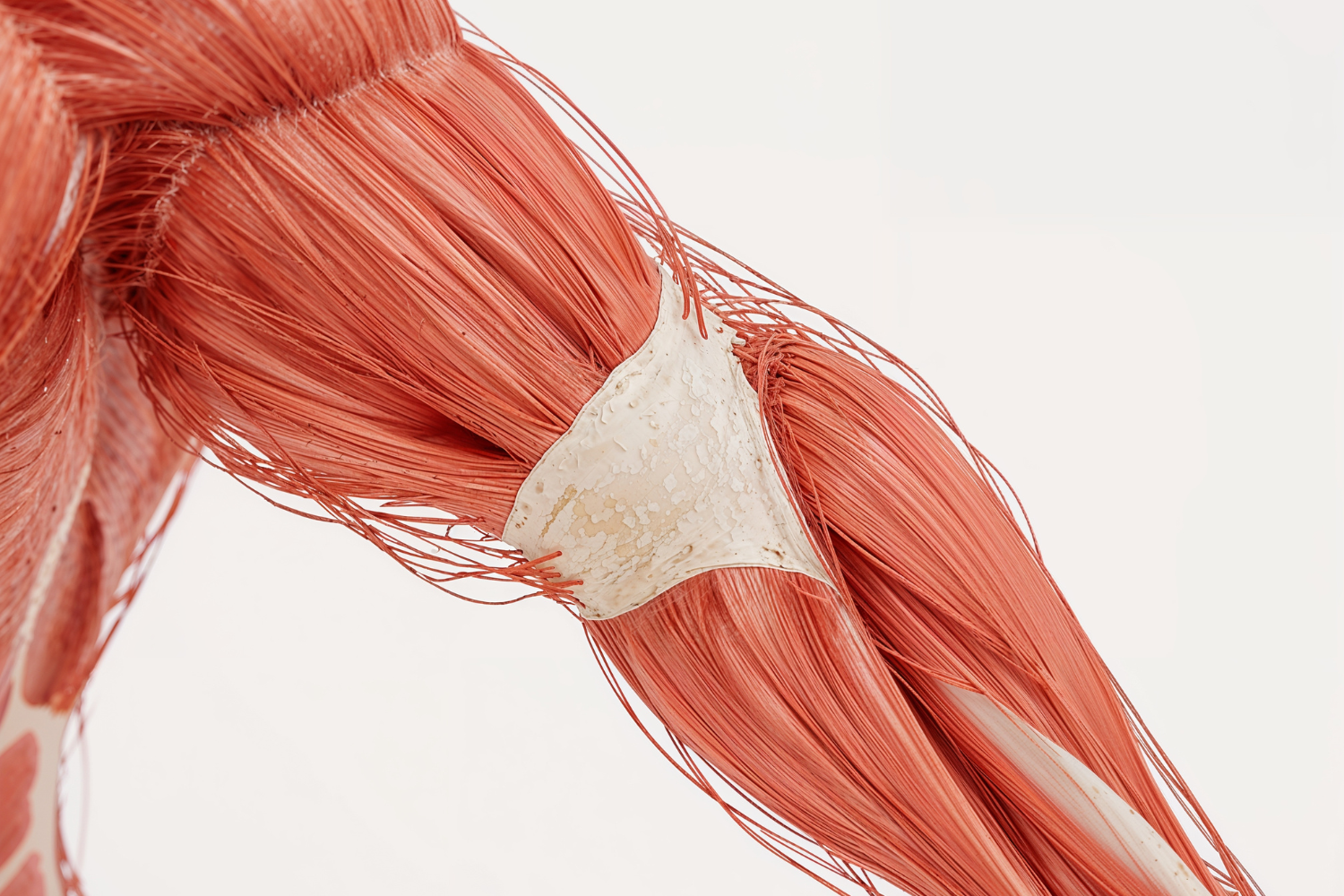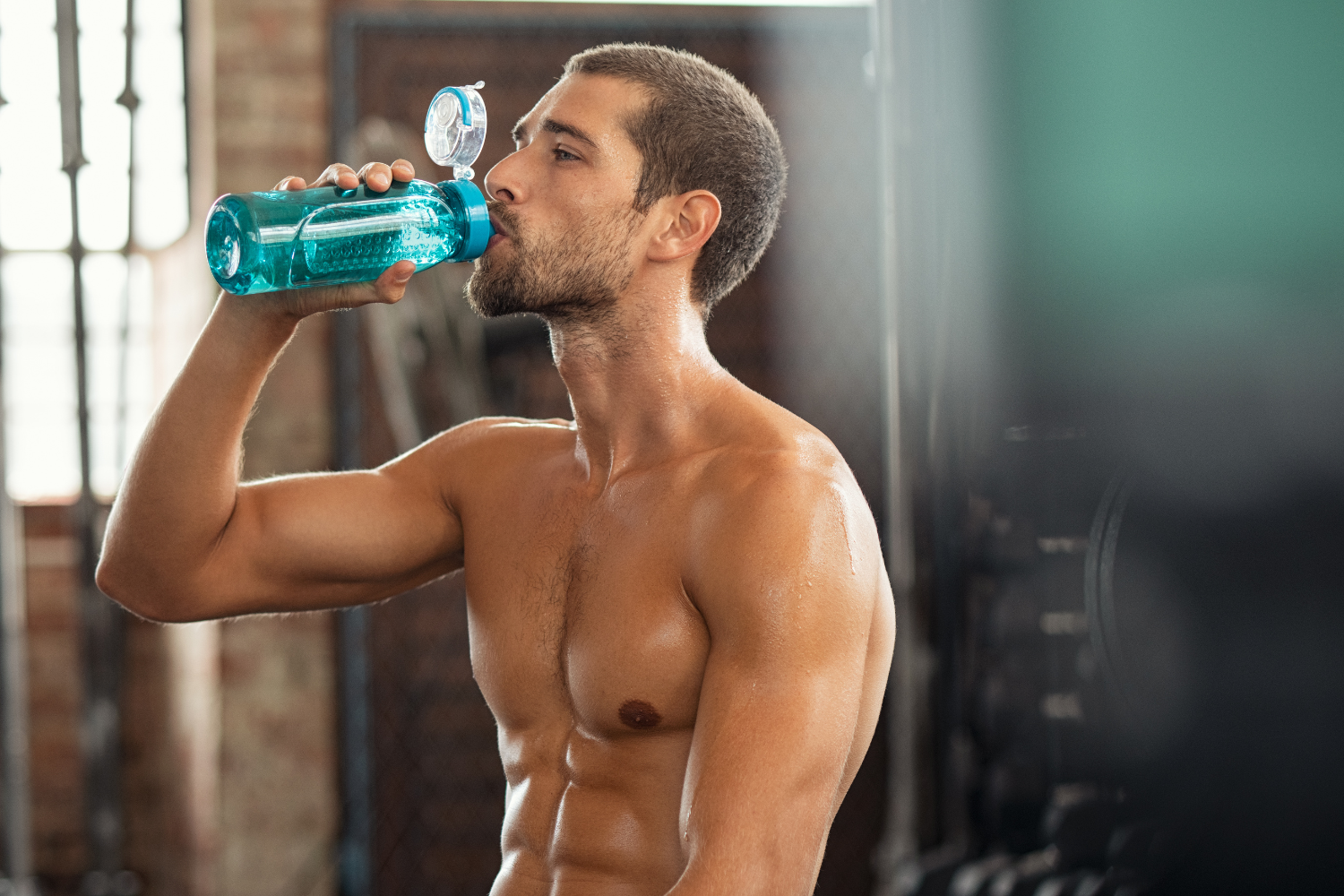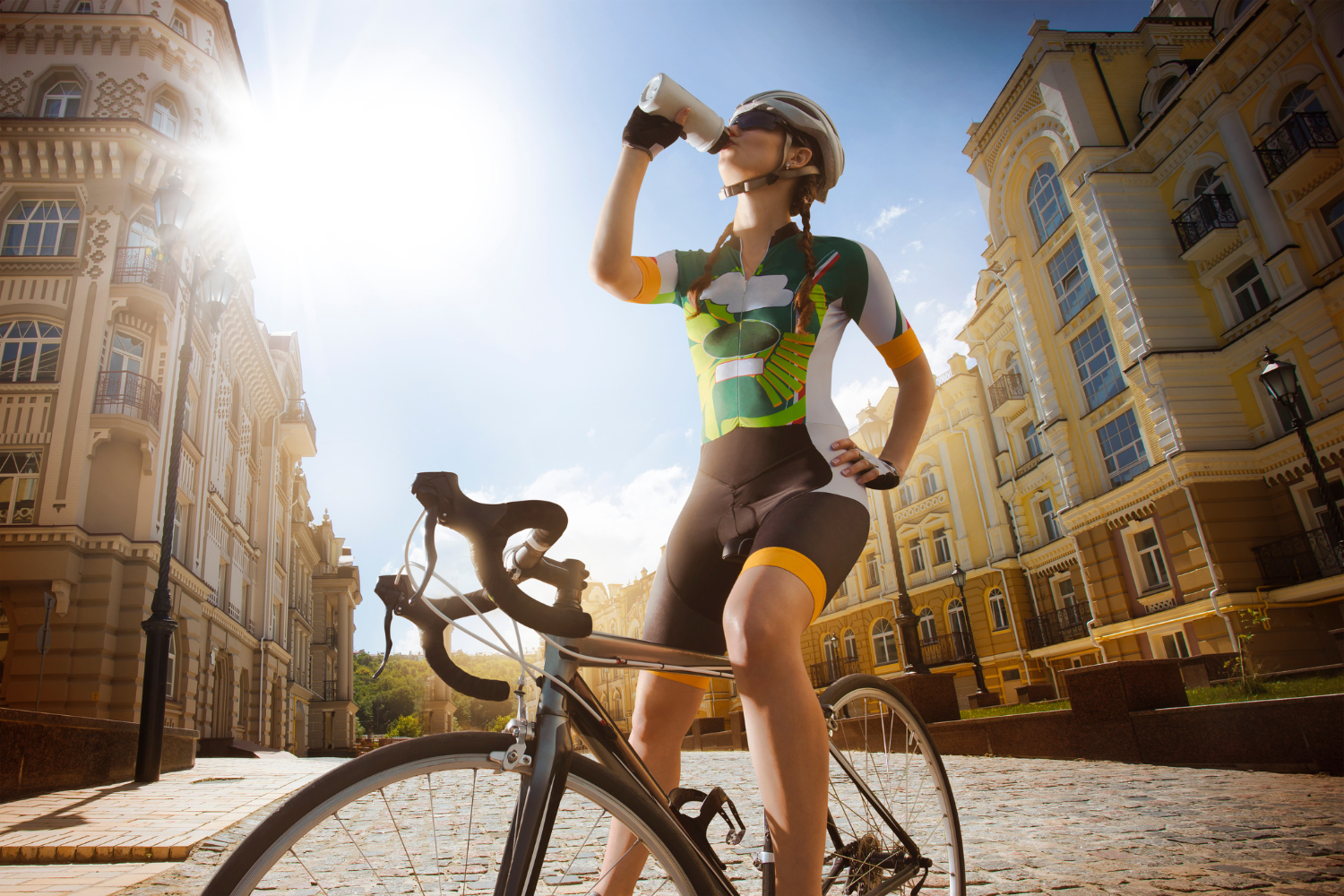Electrolyte drinks and powders are everywhere, but when’s the best time to use them? Electrolytes are essential minerals like sodium, potassium, magnesium, and calcium that help regulate fluid balance, muscle contractions, blood pressure, and nerve function.
They play a major role in exercise performance and overall energy levels, which makes timing your electrolyte intake an important part of any hydration strategy. This guide explains the signs of low electrolytes, when to drink electrolytes before or after workout sessions, and how to safely approach electrolyte replenishment for optimal hydration and muscle recovery.
What Are Electrolytes and Why Do They Matter During Exercise?
Electrolytes are essential minerals that regulate the body’s fluid balance and support nerve signaling and muscle function during physical activity, both of which are crucial for maintaining optimal physical performance. They keep muscle contractions coordinated, nerve signaling steady, and blood flow consistent, all of which are key for workout performance.
When sweat rate increases during intense exercise, the body loses these essential minerals, and electrolyte balance can shift. Maintaining fluid balance through electrolyte intake helps prevent decreased performance, muscle fatigue, and other effects linked to electrolyte loss.

Signs You’re Low on Electrolytes
Electrolyte imbalance can show up in subtle ways before it begins to impact exercise performance. Knowing the early warning signs helps you adjust your hydration strategy before symptoms worsen.
Early Warning Signs
Feeling unusually thirsty, getting a headache, or noticing fatigue can point to low electrolyte levels. These symptoms often appear when the body’s fluid balance is off, making it harder to stay hydrated with plain water alone.
Workout-Related Symptoms
Muscle cramps, dizziness, and weakness are common signals of electrolyte imbalance during or after intense workouts. Replenishing electrolyte levels helps maintain fluid balance, which is important for normal muscle function after exercise.
When Symptoms May Manifest Most
Low electrolytes are more likely to show up in situations that place extra demand on the body’s fluid balance:
-
After intense sweating
-
In hot weather
-
During endurance exercise

Should You Drink Electrolytes Before a Workout?
Taking pre-workout electrolytes can help set the stage for better workout performance. The right amount of electrolyte consumption before exercise supports proper hydration and prepares muscles for activity.
Benefits of Pre-Workout Electrolytes
Drinking an electrolyte beverage before training helps ensure adequate hydration levels prior to exercise, making it easier to maintain hydration once you begin sweating. Balanced electrolyte levels also support energy production and muscle power, allowing you to perform more effectively during high-intensity workout sessions.
When Pre-Workout Intake Helps Most
Pre-workout electrolytes are most useful in situations where the body is likely to lose electrolytes quickly or where hydration alone from plain water may not be enough:
-
Long workouts lasting more than an hour
-
Hot conditions that increase sweat rate
-
Fasted training where electrolyte intake supports energy levels
How to Time Electrolyte Intake Before Exercise
For optimal hydration, drink electrolytes about 30–60 minutes before starting activity. A moderate portion of an electrolyte drink or electrolyte supplements allows the body to regulate fluid balance without causing stomach discomfort once the workout begins.

Should You Drink Electrolytes After a Workout?
Post-workout electrolytes play a critical role in recovery, especially after intense or prolonged exercise. Replenishing electrolytes lost through sweat helps restore fluid balance and supports muscle recovery.
Why Post-Workout Electrolytes Support Recovery
During exercise, sodium, potassium, magnesium, and calcium are lost through sweat. Replenishing electrolytes after activity restores mineral balance, helps maintain normal blood volume and hydration status during physical activity, and supports normal muscle contraction and nerve function after physical activity.
Symptoms That May Indicate a Need for Increased Hydration and Electrolyte Intake
Lingering muscle cramps, fatigue, or lightheadedness after exercise may indicate low electrolyte levels. Drinking an electrolyte beverage or using electrolyte supplements can help maintain hydration and support performance during periods of fluid loss.
Timing Post-Exercise Hydration
Electrolyte replenishment should begin immediately after activity to restore electrolytes lost and support blood flow to muscles. Continuing electrolyte intake over the next few hours helps maintain balance and prevents delayed symptoms such as muscle fatigue.

When to Take Electrolytes During a Workout
Electrolyte supplementation during exercise is most important when fluid balance is heavily stressed. Consider drinking electrolytes during activity if:
-
You experience muscle cramps mid-session
-
You start feeling drained or notice decreased performance
Which Electrolytes Are Most Important for Exercise?
Not all minerals play the same role in exercise performance. A few stand out as especially important for maintaining fluid balance, muscle function, and energy levels during activity.
-
Sodium: Regulates fluid balance and blood volume, making it vital for sustaining workout performance.
-
Potassium: Plays a role in muscle function, and adequate intake may help reduce the risk of muscle dysfunction during strenuous activity.
-
Magnesium: Aids in energy metabolism and reduces muscle fatigue during prolonged exercise.
-
Calcium: Essential for both muscle contractions and nerve signaling that guide bodily functions.
Safe Ways to Replenish Electrolytes
Replenishing electrolytes doesn’t have to mean reaching for commercial sports drinks every time. A combination of whole foods, electrolyte beverages, and supplements can help restore fluid balance while avoiding electrolyte imbalance.
Food Sources
Electrolytes can be found naturally in everyday foods. Bananas, leafy greens, nuts, and dairy provide potassium, magnesium, and calcium to help maintain balance. Including these foods in meals supports electrolyte replenishment without relying only on electrolyte supplements.
Drinks and Powders
Electrolyte drinks and powders are convenient for intense exercise or high-intensity interval training. These options help maintain hydration when minerals are lost through sweat and restore electrolyte levels more quickly than plain water. They’re especially useful during prolonged exercise or high-intensity workout sessions.
How Much Is Enough?
Electrolyte intake should match your workout intensity, sweat rate, and duration. Consuming electrolytes in reasonable portions helps regulate fluid balance without risking electrolyte imbalance. Following serving sizes on electrolyte supplementation products or mixing balanced electrolyte beverages helps prevent overuse while supporting optimal performance.
Finding the Right Timing for Electrolytes in Your Routine
Electrolytes can play different roles depending on when they’re consumed: before a workout to prepare, during exercise to sustain performance, and after activity to replenish minerals lost through sweat. Watching for symptoms like muscle cramps, fatigue, or dizziness helps guide when electrolyte replenishment is most important. For active lifestyles, LyteLine offers electrolyte supplements and powders designed to help maintain hydration, regulate fluid balance, and support both energy and recovery.
Frequently Asked Questions
Should I drink electrolytes before or after a workout?
Both can help: before for preparation and after for recovery, depending on workout intensity and sweat loss.
What are the signs that I need electrolytes?
Thirst, fatigue, muscle cramps, or dizziness often signal low electrolyte levels.
Can I drink electrolytes every day?
Yes, in moderation, especially if you exercise regularly or sweat heavily.
Do electrolytes help with workout recovery?
Yes, they restore minerals lost through sweat and support muscle recovery.
How long does it take to restore electrolytes?
Most people restore electrolyte levels within a few hours of proper hydration and replenishment.
References
-
American College of Sports Medicine, Sawka, M. N., Burke, L. M., Eichner, E. R., Maughan, R. J., Montain, S. J., & Stachenfeld, N. S. (2007). American College of Sports Medicine position stand. Exercise and fluid replacement. Medicine and science in sports and exercise, 39(2), 377–390. https://doi.org/10.1249/mss.0b013e31802ca597
-
Baker, L. B., Stofan, J. R., Hamilton, A. A., & Horswill, C. A. (2009). Comparison of regional patch collection vs. whole body washdown for measuring sweat sodium and potassium loss during exercise. Journal of applied physiology (Bethesda, Md. : 1985), 107(3), 887–895. https://doi.org/10.1152/japplphysiol.00197.2009
-
Coyle E. F. (2004). Fluid and fuel intake during exercise. Journal of sports sciences, 22(1), 39–55. https://doi.org/10.1080/0264041031000140545
-
National Research Council (US) Subcommittee on the Tenth Edition of the Recommended Dietary Allowances. Recommended Dietary Allowances: 10th Edition. Washington (DC): National Academies Press (US); 1989. 11, Water and Electrolytes. Available from: https://www.ncbi.nlm.nih.gov/books/NBK234935/
-
Schwellnus, M. P., Drew, N., & Collins, M. (2008). Muscle cramping in athletes--risk factors, clinical assessment, and management. Clinics in sports medicine, 27(1), 183–x. https://doi.org/10.1016/j.csm.2007.09.006
-
Shirreffs, S. M., & Sawka, M. N. (2011). Fluid and electrolyte needs for training, competition, and recovery. Journal of sports sciences, 29 Suppl 1, S39–S46. https://doi.org/10.1080/02640414.2011.614269
-
Volpe S. L. (2013). Magnesium in disease prevention and overall health. Advances in nutrition (Bethesda, Md.), 4(3), 378S–83S. https://doi.org/10.3945/an.112.003483



